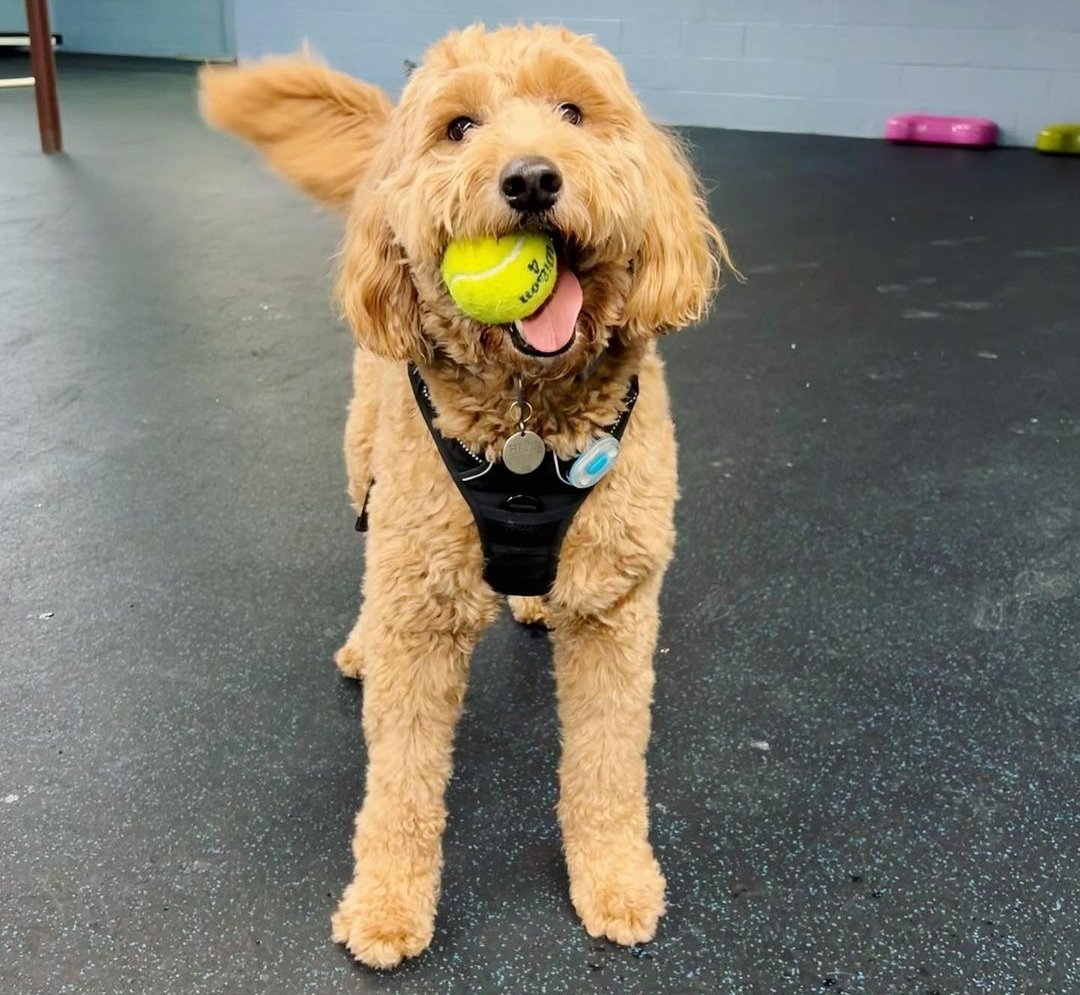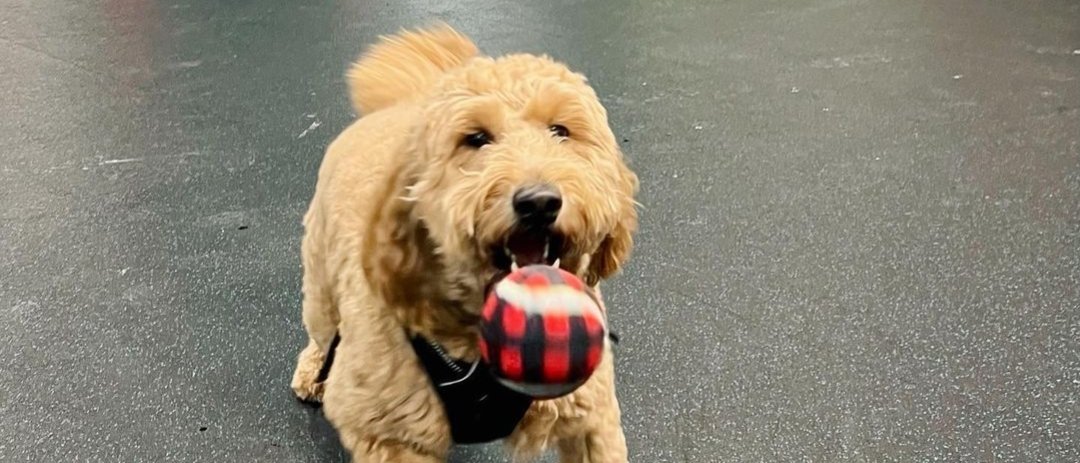Having a dog waiting for you at home is special in its own way. No matter how they may have felt earlier, they are always happy to see you when you come back. Goldendoodles make good canines for homes and also make excellent apartment pets.
They are canines that can easily adjust to various circumstances and habitats. Not all excellent indoor dogs are little lapdogs. Instead of size alone, a dog’s attitude, behavior, and training make them good inside dogs.
Living in an apartment with a Goldendoodle might be beneficial for you, but planning is essential, especially for first-time dog owners. You may live very comfortably in an apartment with your poodle if you make the right preparations.
Can Goldendoodles Live In An Apartment?

Yes. Due to their adaptability, Goldendoodles may live in a variety of environments, including apartments. Given enough exercise and mental stimulation, Goldendoodles, like many larger dog breeds, may make wonderful apartment pets. You must play with them outside. To help you burn off some of the energy, take your dog for a walk around the neighborhood.
They are incredibly clever dogs with a strong desire to please, making them simple to train. Goldendoodles are friendly with children, other animals, and strangers and have average exercise requirements. How well you meet their active and mental requirements is more important than how much space is provided for them in the apartment.
Many dog owners fear that their animals won’t be happy in a small space, but Goldendoodles typically do not have this problem. Large areas enable dogs to move around more and satisfy their energetic requirements. But this does not imply that they are unable to adjust to apartment life. In a short environment, a lot of huge dogs can live fulfilling lives. Training is also essential.
How Big Do Goldendoodles Get?
Most people assume that indoor dogs must be small. Although the variance in Goldendoodle size is rather large, normal Goldendoodle puppies can eventually weigh up to 70 pounds. Even modest apartments are cozy enough for dogs of this size.
We also raise small Goldendoodle puppies that mature to 25 to 35 pounds in weight, as well as larger Goldendoodles that mature to 40 to 50 pounds. The most suitable breed for apartment living is a small Goldendoodle puppy. Simply said, miniature Goldendoodles may adapt to their crates more readily than their standard counterparts, which is important in cramped apartments.
A Goldendoodle may adapt to living in an apartment better than many other dog breeds, and the problems of doing so are no worse for a Goldendoodle than they are for other dogs.
Goldendoodles Make Excellent Indoor Pets
Many Goldendoodles have low to no shedding coats, making them ideal for life inside. They are hypoallergenic dogs. The apartment’s air quality improves as loose hair decreases. As a result, we can confidently assert that practically anyone – especially those who struggle with allergies or respiratory issues – could own a Goldendoodle in a small environment.
Daily brushing and routine grooming by a specialist who specializes in caring for this dog breed are required for Goldendoodles to maintain healthy coats. Your doodle’s non-shedding coat and skin will be that much healthier if you plan appointments with a professional groomer.
Goldendoodles make wonderful pets, regardless of where you live, in the city, in the suburbs, in a house with a little backyard, or an apartment in the midst of town.
Can Goldendoodles Be Left Alone?
Goldendoodles dislike being left alone. With their folks, they would much rather be. They are not canines that adapt well to being left alone for an extended period of time as a result.
If they are left alone for an extended amount of time, they frequently experience separation anxiety. They could exhibit harmful actions as a result of this.
This makes it a breed of dog that is not advised for owners who must leave their dog alone at home for extended periods.
Based on their age, these are some general recommendations for how long you can leave them alone. Remember that the length will vary depending on their age.
- 8 to 10 weeks: Just one hour alone
- 10- to 12 weeks: two hours
- 3 to 6 months: 3 to 6 hours
- After 6 months: 6-8 hours
